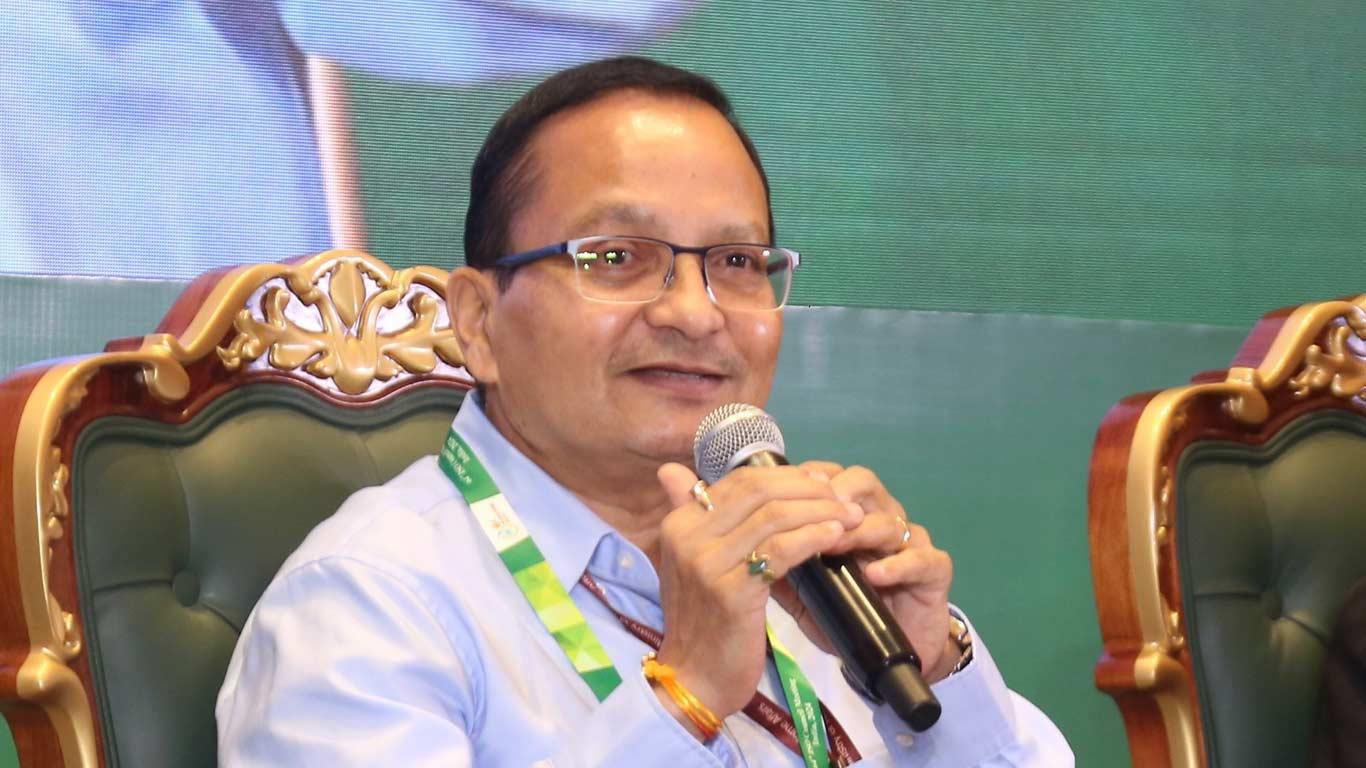
Agriculture Commissioner Addresses Glyphosate And BT Cotton Policy Challenges
In the backdrop of rising industry demands, the Indian government is grappling with critical policy decisions regarding the use of glyphosate and the introduction of herbicide-tolerant BT (HTBT) cotton.
Agriculture Commissioner P K Singh highlighted these complexities during a recent brainstorming session focused on weed management challenges in India.
Singh pointed out the industry's push for widespread glyphosate application in cotton farming, questioning the implications of such use as discussions about officially introducing HTBT cotton varieties continue.
"On one hand, the industry is demanding the use of glyphosate. Then how do we go for that?" Singh remarked, underscoring the need for a thorough examination of these interrelated issues.
Currently, a dedicated committee is assessing the potential introduction of HTBT cotton, with German life sciences giant Bayer seeking regulatory approval for its Bollgard II Roundup Ready Flex (BG-II RRF) variety-an innovation designed to be both herbicide-tolerant and insect-resistant.
India has traditionally maintained a cautious stance towards genetically modified crops. Singh emphasised the importance of an integrated approach to weed management, particularly in light of a growing labor shortage.
"Can there be an integrated approach with a mix of mechanisation, herbicide application, and herbicide-tolerant varieties?" he asked, reflecting on the evolving agricultural landscape.
Herbicides currently dominate the agrochemical market, accounting for approximately 40% of the sector.
Singh noted the urgent need for tailored solutions to enhance weed control, as weeds are responsible for significant yield losses-estimated at 25-26% for kharif crops and 18-25% for rabi crops, amounting to an economic loss of around Rs 92,000 crore annually.
The shift towards sustainable farming is also a focal point of discussion, as the Indian agricultural sector aims for net-zero emissions by 2070.
While there is a strong push for chemical-free farming practices, transitioning to organic methods introduces its own set of challenges, particularly in weed management, where competition can intensify.
Ajai Rana, Chairman of the Federation of Seed Industry of India (FSII), emphasised the urgent need to address weed control, likening weeds to "Ravans" that have long been neglected in agricultural systems. "Weed control has not received the desired attention... this is the need of the hour," he stated.
As the government navigates these pressing issues, the future of cotton farming in India hangs in the balance, influenced by evolving industry needs, regulatory frameworks, and sustainable agricultural practices.
(KNN Bureau)
Legal Disclaimer:
MENAFN provides the
information “as is” without warranty of any kind. We do not accept
any responsibility or liability for the accuracy, content, images,
videos, licenses, completeness, legality, or reliability of the information
contained in this article. If you have any complaints or copyright
issues related to this article, kindly contact the provider above.


















Comments
No comment